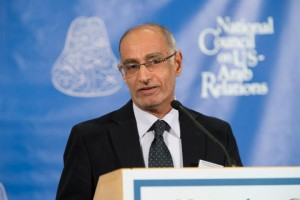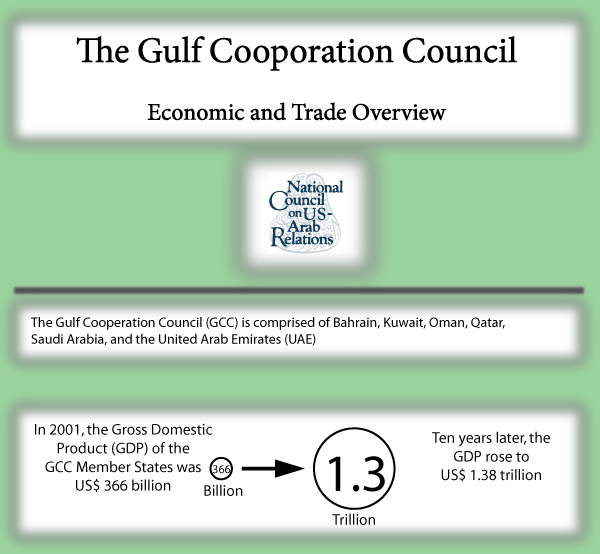
Operation Decisive Storm Coalition Forces’ spokesman Saudi Brigadier General Ahmed Asiri provides a briefing on developments in the campaign. Photo: Saudi Press Agency.
While the Saudi-led Operation Decisive Storm against the Yemeni Houthis and their allies continues and its long-term results are so far unknown, it is not pre-mature to project that a new Arab political order is being consolidated. Its elements include a firm and sustainable commitment to fight extremism and sectarianism, bring order and stability to the heart of the Arab world – namely, Syria and Iraq – and design, chart, and lead an independent course for the protection of pan-Arab national interests.
Such an order has a leader in the collective energies and capabilities of the countries of the Gulf Cooperation Council, with Saudi Arabia as a first among equals, and essential assistance from such countries as Egypt, Jordan, and Morocco. Indeed, to assure its collective interests, arrive at a hoped-for peaceful stability, and sustain much needed political, economic, and social development, the Arab world must coalesce around a strong political order that can utilize its capacities and permissible international conditions to achieve what it needs and deserves. Importantly, the consolidated new Arab political order appears to emphasize essential principles that require astute judgment, committed resources, and continuous vigilance.
Fighting Extremism and Sectarianism
The status quo states of the new Arab order are cognizant of the threats represented by the plethora of extremist groups operating at the heart of the Arab world. In Yemen, al-Qaeda in the Arabian Peninsula has staked a claim in Hadramawt Province abutting the Saudi Arabian border after it lost its bases in Shabwa and Abyan to the west. In Iraq and Syria, the Islamic State group has erased the borders between the two countries in a mission to re-establish an imagined and borderless Islamic Caliphate while al-Qaeda-affiliated al-Nusra Front controls strategic areas of Syria. Both organizations are serious threats to Lebanon and its pluralist political society.
In Libya, the Islamic State group, al-Qaeda affiliated Ansar ash-Shari’a, and a sundry of militias have settled, and promise to both keep the country unstable and use it as a base to spread chaos and mayhem elsewhere. In Tunisia and Egypt, jihadist extremists are waging a war of attrition against state security institutions. The actors of the consolidating Arab political order must know full well that they alone can address this threat in a fashion that combines a sense of shared responsibility for common interests and an attempt at forging an independent course that serves such interests.





You must be logged in to post a comment.